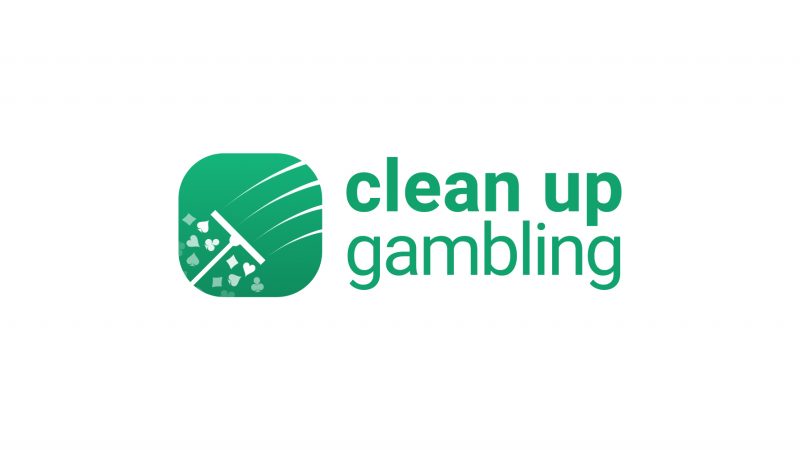
SPONSORED POST
‘Stop the FOBTs’ was launched in early 2013 by the Campaign for Fairer Gambling, founded and funded by gambling expert Derek Webb, who brought me in as a campaign consultant and spokesperson. The objective of FOBT stake reduction from £100 to £2 per spin was finally introduced in April 2019. Recently released Gambling Commission statistics show full year of data to March 2020, with the impact of the Covid-19 lockdown spanning just 11 days of this timeframe.
In line with the trend, the number of betting shops declined 6% from 8,320 to 7,681 due to bookmakers converting shop gamblers to more profitable remote gambling with lower overall tax burden and lower employment costs. Reality contrasts sharply with the Association of British Bookmakers’ (ABB) KPMG report, used to lobby government, which forecast a decline to as few as 4,500 shops. Did KPMG get its sums wrong or did the ABB steer it towards a fantasy?
As reported in The Guardian, betting shop machine revenue declined 41% to £1.075bn – down £751m from £1.826bn. Over-the-counter betting on races and sports also decreased. There was a decline in revenues on games at stakes in excess of £2 by £1.142bn, but an increase in revenue at stakes of £2 and below by £390m. By far the greatest crossover was players trading down stakes but staying on betting shop machines.
This confirms the notion that placing a restriction on a specific gambling product can have the desired impact of reducing losses at that activity and reducing losses in total.
All the evidence indicates that there was no consequential crossover from the £751m decline in betting shop machine revenue to any other land-based or remote sector.
Gaming machine revenues in casino, bingo and family entertainment centres remained constant, while an increase in adult gaming centre revenues continued the trend of the past several years. All casino table game revenues declined, with a minor increase in electronic gaming failing to offset the resulting overall decline in casino revenues from £840m to £801m.
Remote gambling revenues for bingo and casino increased in line with previous years, and while betting revenues at first sight look like a large increase, this was only due to betting result in the year prior being less helpful to the bookies than usual. It is therefore consistent with the long-term trend of increased remote betting revenues.
National Gambling Treatment Service statistics show the activities that disordered gamblers refer to when presenting for treatment. The ‘betting shop machine’ references decreased from 26.4% in 2018 -2019 to 20.3% in 2019-2020, a relative decrease of 23% — the most significant change in any activity. This data clearly confirms the logic that loss reduction results in harm reduction.
Derek Webb continues to support the gambling reform agenda, and funds Clean Up Gambling. Decreasing FOBT stakes was a sensible change to outdated legislation, and has had a hugely positive impact. We look forward to the government’s comprehensive review of our outdated gambling laws – and, given the spurious assertions made in the past by gambling operators and their representatives, we hope more attention is paid to the evidence than to gambling industry claims.



More from LabourList
Andy Burnham manifesto: Greater Manchester mayor reveals three key election pledges in bid for third term
‘Labour should grasp the chance to secure EU visa deal for young workers’
‘How Labour could win a Milton Keynes majority for the first time in decades’